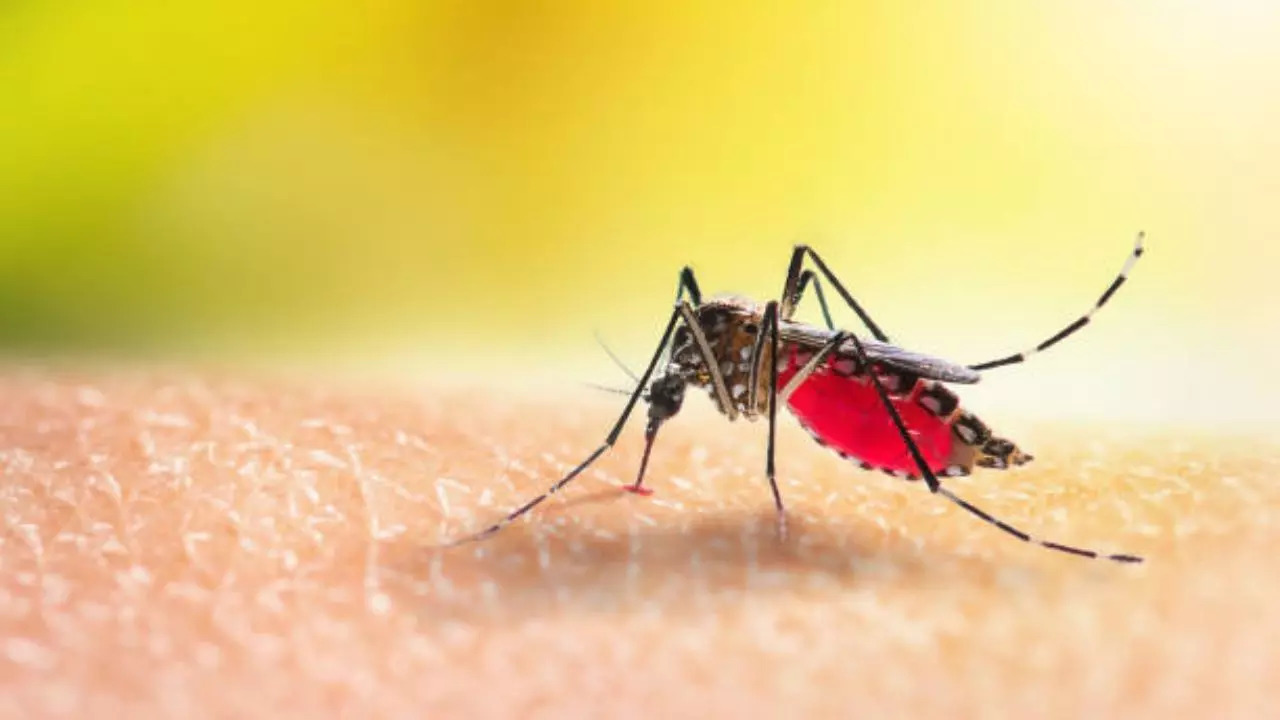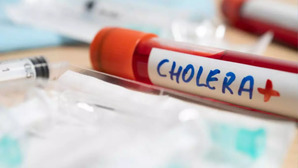Trending:
Dengue Can Be Fatal: Expert-backed Tips To Identify Early Signs And Symptoms
Dengue fever is an illness spread by the bite of mosquitos infected with one of the dengue viruses. According to experts, the condition worsens if the initial symptoms are not taken care of. And so, it is important to recognize the early signs or else it can be a life-threatening condition. Read on to know more.

There is no specific treatment for dengue, preventing mosquito bites is the most effective way to avoid the disease
Dengue, also known as breakbone fever, can be extremely dangerous for health and can even be fatal if not treated well in time. According to doctors, the condition is more prevalent in tropical and subtropical climates. Although many people who get dengue will not have symptoms, for those who do, the most common symptoms include high fever.
“Most people recover from dengue in one or two weeks. However, some people can develop severe dengue and may therefore need hospital care,” Dr. P Venkata Krishnan, Senior Consultant, Internal Medicine, Artemis Hospital told Times Now.
What are the signs and symptoms of dengue to watch out for?
Experts say it is important to watch out for early symptoms of the disease to save lives. “Early detection and access to proper medical care can significantly lower fatality rates of severe dengue. Therefore, it is crucial to recognize the early symptoms of dengue fever to identify it before it's too late,” said Dr. Krishnan.
The early symptoms of dengue fever are similar to those of flu or other viral infections. However, it is important to be aware of the symptoms and seek medical attention if they persist or worsen over time. The early symptoms of dengue fever include:
- High fever which is usually above 104°F
- Severe headache
- Pain behind the eyes
- Muscle and joint pains
- Nausea and vomiting
- Swollen glands
- Rash
- Abdominal pain
- Low blood pressure
- Dizziness
- Falling unconscious
- Rapid breathing
- Fatigue and tiredness
- Bleeding of gums and nose
- Restlessness
- Blood in vomit and stool
- Excessive thirst
- Cold and clammy skin
- Feeling weak
Recognizing early symptoms
According to Dr. Krishnan, the early symptoms begin within 4-10 days after the mosquito bite and can last for 2-7 days. “If you experience any of these symptoms, then make sure that you seek medical attention immediately so that the problem does not worsen,” he said.
Statistics say between 0.5-5 per cent of dengue fever becomes severe. If this happens, it can be life-threatening. According to experts, fever typically falls to 99.5 to 100.4°F (37.5 to 38°C). Severe symptoms may then appear within 24-48 hours later, or around 3-7 days after the person starts to feel unwell.
Ways to prevent dengue
Since there is no specific treatment for dengue, preventing mosquito bites is the most effective way to avoid the disease. Here are some ways to prevent mosquito bites:
- Wear clothes that cover your body
- Use mosquito repellents
- Use mosquito nets
- Avoid standing water
- Use window and door screens
- Avoid being outside during dawn and dusk
According to doctors, getting the vaccine is not recommended if you have never had dengue before. Because getting infected once with dengue makes you more likely to get sicker if you get another version of the virus, getting vaccinated before having dengue for the first time can increase your risk of severe dengue.
Trending:
End of Article
Subscribe to our daily Lifestyle Newsletter!
Related News





Monsoon Diseases: Expert Shares Tips To Keep Cholera At Bay

Uganda On High Alert Over Monkeypox Outbreak In DR Congo; Know Symptoms And Preventive Measures

Influencer Flags Amul Dark Chocolate For Extremely High Sugar Content; Know How It Can Affect Your Health

What Causes Infertility In Women And How Can Family Support Help In Coping? Experts Weigh In

Bharti Singh’s Weight Loss Journey: Here's How Laughter Queen Lost 15 Kgs Without Hitting The Gym







